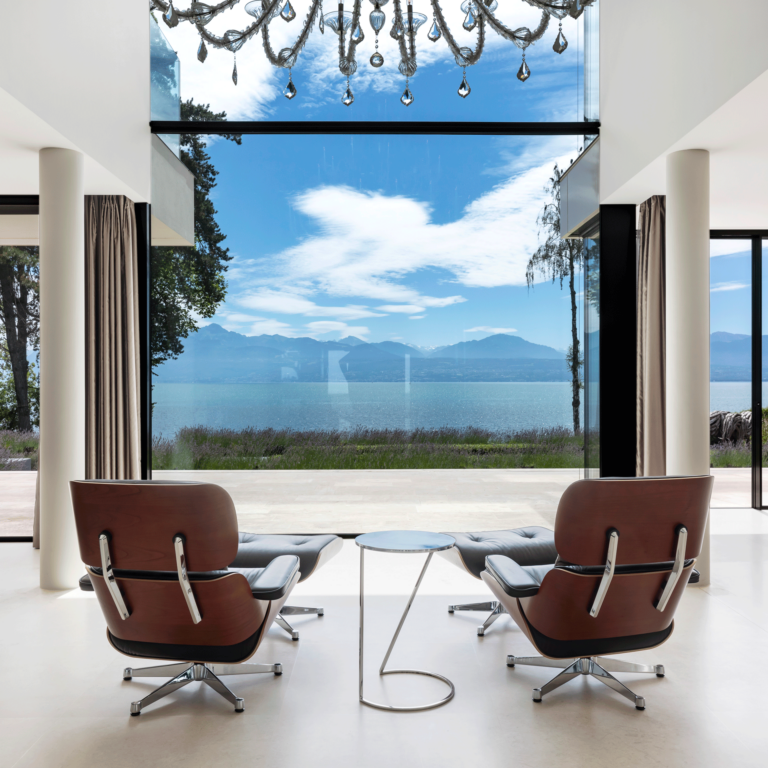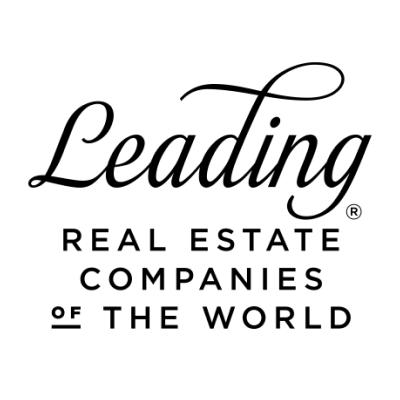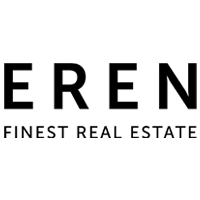VAT: luxury goods, real estate, standard rate… What you need to know about VAT in Switzerland
Reading time — 4 minutes

Value Added Tax — or VAT — is a well-known concept, but its specifics can sometimes be unclear or difficult to grasp for both consumers and professionals. Standard VAT, reduced VAT, luxury VAT, accommodation or real estate VAT… the rules are not always the same. Let’s take a closer look at this concept, which is embedded in everyday life in Switzerland, and at the different rates you need to be aware of.
What is VAT?
Value Added Tax is an indirect tax on consumption that applies to goods or services consumed or used in countries where it is levied. Paid by the final consumer, VAT is collected by liable businesses, which then remit it to the public authorities.
The scope of VAT covers different types of operations:
• Operations subject to VAT by nature. These are transactions (supply of goods or services) carried out for consideration by a taxable person (someone engaged in an economic activity independently and on a regular basis).
• Operations subject to special provisions of the law. This can include the sale of capital goods (fixed assets) giving the seller the right to deduct VAT, sales of real estate (within five years of completion), imports, intra-Community acquisitions, or self-supplies (SAS) in specific cases.
• Exempt but taxable operations. In the case of exports, leases of unfurnished business premises, or certain banking operations, it is possible to apply VAT even though the operation would theoretically be exempt.
It should be noted that, apart from exemptions, operations not listed by law are considered non-taxable. For example, late payment interest, dividends, subsidies, or sales not carried out by a taxable person (such as property sales by private individuals) fall outside the scope of VAT.
Within the European Union, the standard VAT rate cannot be lower than 15% and the reduced rate must be above 5% (excluding “super-reduced” rates applied by some countries such as France, Ireland, Spain, Italy, or Luxembourg). That said, rates vary from one country to another, reflecting the economic environment and political priorities of each member state.
How does VAT work in Switzerland?
VAT — or Value Added Tax — is a consumption tax. All goods or services purchased and consumed in Switzerland are subject to this tax, with a few exceptions. Different rates apply depending on the category of purchase. There is the standard VAT rate, the reduced rate, and the special rate. Depending on the circumstances, the rate can range between 0% and 7.7%. Luxury VAT, real estate VAT and others may also be considered.
It should be noted that only businesses or organisations with an annual turnover above CHF 100,000 are required to pay VAT. If turnover is lower, it is possible to register voluntarily, but it is not an obligation.
The standard VAT rate in Switzerland
In Switzerland, the “standard” VAT rate is 7.7%. It applies to goods and services that are not subject to the reduced or special rates, which makes it the most common rate.
The reduced VAT rate
In Switzerland, several goods and services are subject to a reduced VAT rate of 2.5% instead of the standard 7.7%.
This applies not only to essential goods (including, more recently, women’s sanitary products), but also to most food products, with the exception of alcohol, which remains taxed at the standard 7.7%.
Although restaurant dining is taxed at 7.7%, takeaway meals benefit from the reduced rate.
Medicines, newspapers, books, magazines and other printed material without advertising content, as well as services provided by radio and television broadcasters, are also subject to 2.5%.
The special VAT rate
The accommodation sector is subject to a special VAT rate of 3.7%. Hotels, for example, must apply this rate when invoicing overnight stays and breakfasts.
Luxury VAT: the standard rate applies
Although some EU countries have considered applying a specific luxury VAT rate, this is not the case in Switzerland. The same taxation rules also apply to works of art. Luxury goods therefore remain subject to 7.7% VAT in 2023 — a rate significantly lower than that applied in most European countries.
What about real estate?
Determining the taxes payable is part of any property purchase. These taxes vary by canton, but certain rules apply across the board.
In this case, the supply and rental of real estate are exempt from VAT, as they fall outside the scope of the tax. This is the default regime, which applies where the transfer of the property does not include any specific contractual provision.
However, registered businesses and individuals may opt to apply VAT to a property sale, thereby making deductible the input VAT linked to the acquisition, improvement, and maintenance of the property. This exception only applies if the property is used exclusively for residential (private) purposes. The value of the land must appear in the contract and be excluded from the calculation.
Real estate agency services, on the other hand, are taxed like any other service, at 7.7%. In a property transaction, you should therefore expect to pay VAT on agency fees. These fees are expressed as a percentage of the sale price. The broker will inform the seller when valuing their property and the buyer during negotiations.
0% VAT: in which cases?
Beyond turnover thresholds, some goods and services are exempt from VAT in Switzerland. As mentioned above, this includes the sale of property, as well as rentals.
The fields of healthcare, culture, and education are also not subject to VAT.
FGP Swiss & Alps, a luxury real estate agency specialising in exceptional properties in Switzerland and the French Alps, supports sellers and buyers at every stage of their transactions. Our in-depth knowledge of these regions allows us to provide our clients with clear information and tailored advice. Whether you want to learn more about property taxation, sell your home, or find the residence of your dreams, our approach — based on proactive listening and genuine vision — is designed to meet your expectations.


